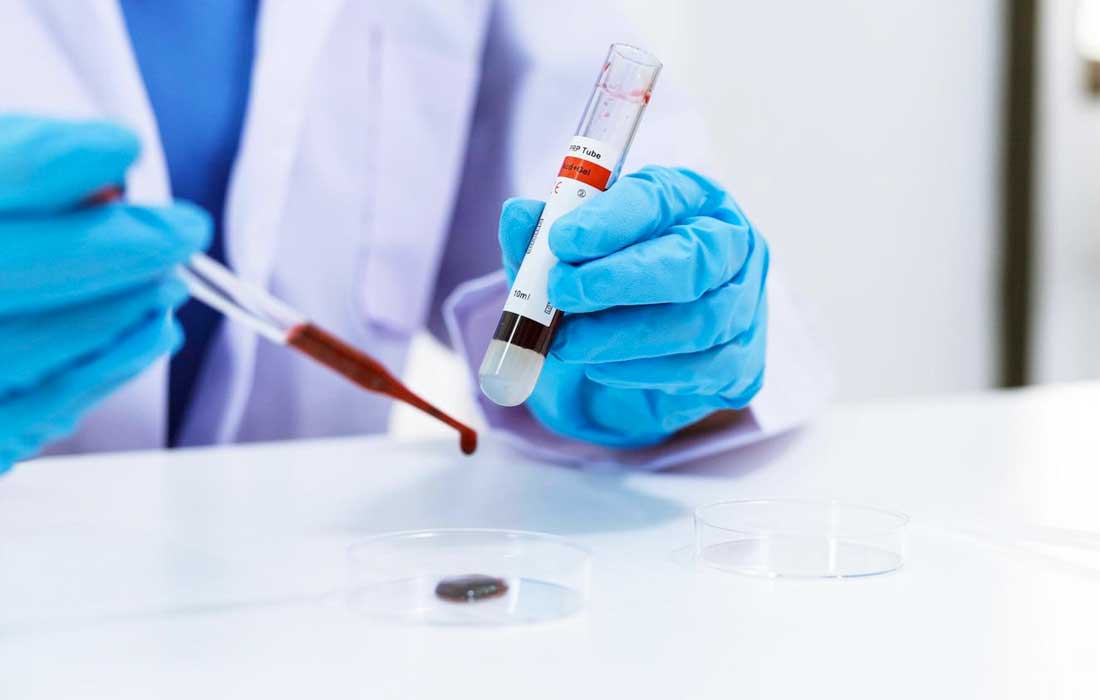
Japanese scientists create artificial blood that works for all blood types
Universal artificial blood developed in Japan works for all blood types and can be stored at room temperature for a year.
 thebrewnews.com
thebrewnews.com
Japanese scientists create artificial blood that works for all blood types
May. 23, 2025 World
The Brew News Team | 3 min read
FacebookXLinkedInTelegramEmailWhatsApp
Share
TOKYO: A team of Japanese scientists has developed a new kind of artificial blood that can be safely used in patients of any blood type. This discovery could be a major breakthrough in emergency care, battlefield medicine, and areas without access to proper medical facilities.
The new artificial blood is made using lab-grown red blood cells and platelets, which are wrapped in tiny synthetic bubbles. These bubbles help the artificial blood do the same jobs as real blood, like carrying oxygen and helping wounds clot. One of the biggest advantages is that it can be stored at room temperature for more than a year. Traditional blood usually needs cold storage and has a short shelf life.
Also Read: Mental wellness apps see sharp rise with AI and workplace support
This means hospitals, ambulances, and field clinics can keep this artificial blood on hand without worrying about blood type matching or refrigeration. It could save lives in car crashes, natural disasters, or war zones where fast access to compatible blood is not always possible.
The researchers say this innovation could completely change how blood transfusions are done. Instead of checking for matching blood types, doctors can quickly use this universal artificial blood. It also makes it easier to manage blood supplies in remote areas where storing and transporting real blood is difficult.
Also Read: Dubai Weight Loss Challenge 2025: 45.7 Kg Drop Wins Top Prize
Experts believe that once approved for wider use, this new artificial blood could help millions of patients around the world. It not only simplifies the process but also reduces the risk of complications from mismatched transfusions.
Clinical trials are ongoing, and scientists are hopeful about the results. If successful, the product could become a standard item in emergency kits everywhere—from hospitals to military bases and even space missions.









